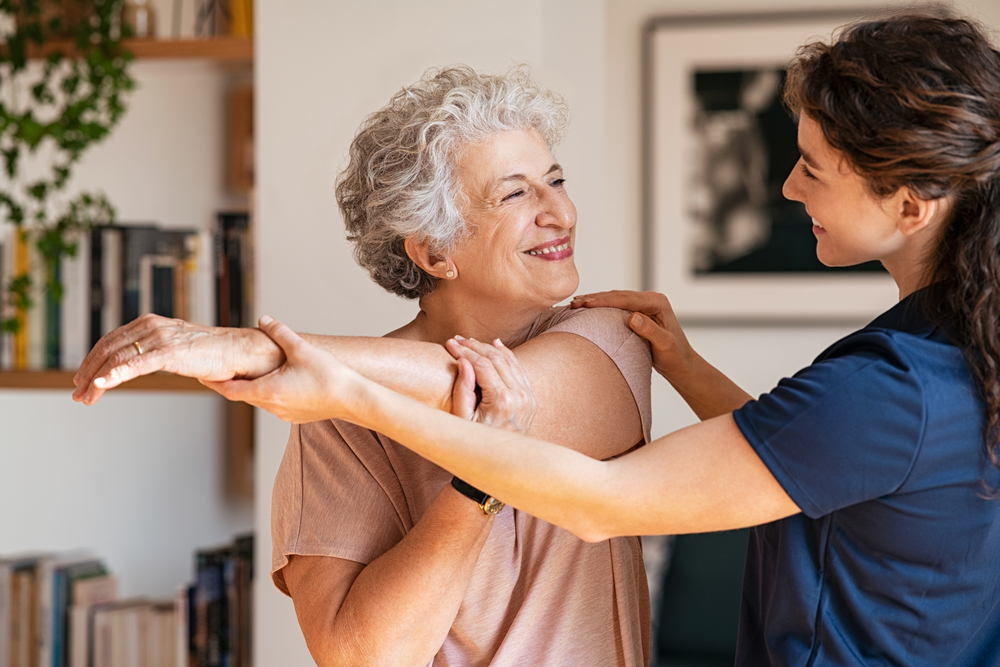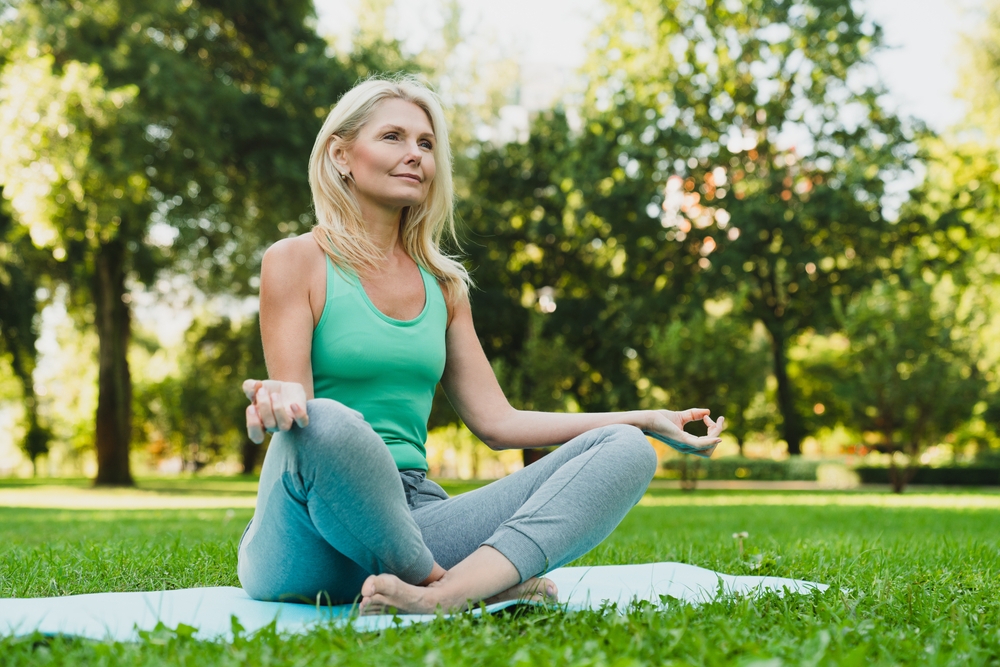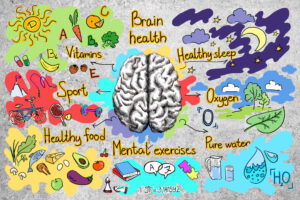They say the joy of playing sports could seem like a young person’s game. But really now, why should be the ones who have all the fun? After all, there are so many health benefits to reap from prioritizing sport in your life…why should they only be unlocked by athletics?
However, according to consistent research conducted by the Centers for Disease Control and Prevention (CDC) Prevention Research Center, older adults can easily reap a wide array of rewards. From daily physical activity, all the way to a decreased risk of hospitalization, it’s all worth it.
Luckily, your athletic days aren’t gone, even if you’ve retired. Moreover, here are some of the best sports and athletic endeavors for older adults that you can also enjoy, along with a list of reasons why they are very important to you.

Staying active is important
Exercise is truly important for our mind, body, and soul. The more you remain active as you age, the more you help your mental, physical, and emotional health. Engaging in a series of sports, whether individually or as a part of a club, group, or even team, is a wonderful way to provide a consistent spark of motivation to stay moving.
That particular movement is even more important as we get older, and we notice how our bodies start losing muscle and bone. Sports are the perfect platform for aging adults to take care of their cardiovascular health, musculoskeletal strength and coordination, and balance.
Besides, it’s a wonderful opportunity to be social. Any type of activity that’s safe and within your reach (and by this, I’m talking about your level of mobility) is worth trying. Even so, you need to be mindful of a set of caveats, which could cause you to preclude or even prioritize some activities.
Fall risks
Falls tend to become increasingly a more pressing and serious concern as we age, and they can lead to debilitating fractures and catastrophic head injuries that could easily diminish someone’s functional independence and lifestyle.
If you want to avoid falls as you enjoy your physical endeavors, you want to choose a sporting pursuit that fits your interests and capacity. What you want is to challenge the bodily systems in charge of preventing falls, while also avoiding the impeding risk of falling in sports, especially those that require fancy or rapid footwork, frequent cutting, or even acceleration and deceleration.
It would also be wise to take basic safety precautions, like wearing appropriate footwear and choosing the right activities in public spaces, group settings, or truly any other place where you have potential help within reach.
Bone loss
Both men and women lose bone as they advance in age. However, it seems that women are particularly vulnerable to bone loss after menopause, and that’s because they suffer from a decrease in estrogen. This makes it even more important for women to participate in activities that will improve their overall bone mineral density.
Bone-bolstering exercises could include certain forms of resistance (like bands and weights) or simply balance strengthening to help prevent falling. Some of the activities worth mentioning include golf, tennis, dancing, yoga, hiking, cycling, walking and jogging.
All these are relevant examples of activities for older adults who want to remain engaged in. Naturally, not every sport is prudent for every single one of us. For instance, rugby, underwater hockey and ice dancing might not be the on the list of “go-to sports” for some older adults.
What really matters is that people are still moving, strengthening their muscles and challenging their bodies to keep and improve their bone density and muscle mass.
Pickleball
Pickleball must be one of the fastest-growing sports in the United States, and there’s a good reason for that. The tennis and ping-pong hybrid sport is quite fun and especially social, and it can be easily enjoyed at any age or skill level.
Moreover, research backs the list of benefits of this paddle-powered sport. There’s a current study conducted on 153 adults that proved how playing pickleball can be easily associated with lower levels of depression.
It also confirmed a long-standing theory: pickleball improves your hand-eye coordination, increases your agility and coordination, and most importantly, boosts muscle strength and function.
Golf
For many people around the world, golf is definitely more than just a game. It’s a great refuge, a passion, and also an indispensable mental health outlet. It’s also great for a healthy session of meaningful social connectivity.
Playing golf is often associated with improved physical health and mental well-being, which can easily contribute to increased life expectancy. Another nice aspect of gold is that you can decide whether to walk or ride in a cart, but it depends on how much exercise you’re looking for.
Swimming
Swimming is terrific for cardiovascular health. It can also be easier on the joints than high-impact sports, because it provides a certain sense of buoyancy. However, there’s a downside worth mentioning.
The same reason why swimming is good could work against some people. How? Well, it could potentially reduce the stress required to load the musculoskeletal system enough to keep and increase bone strength.
With that being said, swimming is a good sport for older adults. It can also provide a broad range of physical and mental health benefits, which also include sustaining a proper mental health and lowering the risk of early death.

Exercise classes
Never underestimate the power of a proper group aerobic activity! According to a study conducted by the University of Washington’s Health Promotion Research Center state, retirees who participate in a specific program called EnhanceFitness minimum once a week experienced fewer health issues and lower healthcare costs than those who didn’t participate in anything.
The same institution drew a comparison between an exercise class group with a cohort of non-attendees, discovering that exercise classes helped them tap into better health statuses. Whether you’re into yoga, pilates, Jazzercise, tai chi, or something else, you can easily find a class or group that sparks your interest and benefits your overall health.
Lower mobility options
Those who suffer from lower mobility might need to modify their sport participation or seek additional training before getting involved. Another valuable option is to try all kinds of variations of more common sports.
For instance, sports like walking soccer and walking basketball (which are basically played the same as normal soccer and basketball, but there’s no running), are gaining increasingly more momentum.
Even if you don’t feel ready to join an official club or team, you could still collaborate with a physical therapist or even a personal trainer to address all limitations and options that might suit you best.
Focus on social bonds
Whatever activity you decide to try, it’s super smart to focus on the communal and social aspects of sports. Moreover, experts recommend going for a simple, achievable goal you think might bring you satisfaction.
If your goal is to become more physically active, and if you hate running but enjoy dancing, just look for a dance class instead of signing up to a 5K. Also, think about choosing something you can do with someone else to socialize at the same time.
If you found this article insightful, we also recommend checking: 6 Symptoms of Liver Disease That Show Up on Your Face



















